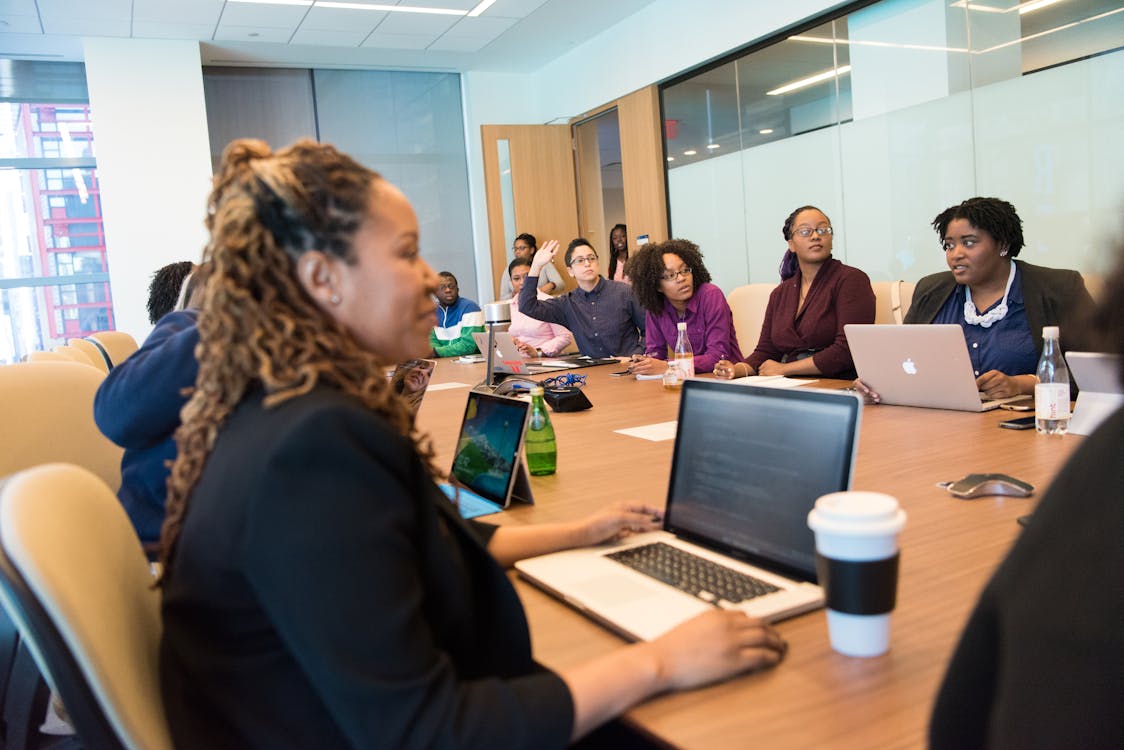
Over half of the Fortune 500’s top companies acknowledge artificial intelligence (AI) as a significant risk factor in their annual financial reports, according to a recent report from research firm Arize AI.
Arize AI analyzed the most recent reports (10-Ks) of US-based Fortune 500 companies, comparing the content to previous years’ reporting. It was found that the number of companies citing AI risks since 2022 has increased by a staggering 473.5%.
In their annual reports, these companies identified various risk categories associated with AI, encompassing competitive risks, regulatory risks, security concerns, and general physical and reputational harms.
Few Companies Highlight AI’s Benefits
Interestingly, only 30% of the companies discussed its benefits. Arize AI described this omission as a missed opportunity, as highlighting the potential upside of AI to investors could provide a competitive advantage.
On the other hand, Arize AI reported that 91.7% of media and entertainment companies included comments about AI risks in their reports. This becomes especially pertinent as AI technology starts challenging traditional content creation methods, eliciting worries from performers and companies regarding the potential effects on intellectual property and revenue flows.
Prominent media and entertainment companies like Netflix highlighted the potential advantage competitors could gain through AI in their report, saying, “New technological developments, including the development and use of generative artificial intelligence, are rapidly evolving. If our competitors gain an advantage by using such technologies, our ability to compete effectively and our results of operations could be adversely impacted.”
Similarly, The Walt Disney Company warned about potential regulatory effects on revenue streams and entertainment product creation due to AI’s influence.
The software and technology industry closely follows, with 86.4% of companies citing AI risks. Within this sector, Microsoft has warned that generative AI “may be susceptible to unanticipated security threats from sophisticated adversaries.” Telecom companies also express concerns, with 70% of them acknowledging AI risks.
Moreover, the inappropriate disclosure of sensitive or inaccurate information resulting from employee use of AI has been highlighted as a risk by pharmaceutical company Vertex.
Strained Perception and Trust on AI
It’s not just large companies concerned about generative AI. Over the past two years, worries have spread to education, where AI tools are increasingly used in schoolwork, and to the art world, where artists fear the technology could eventually replace them.
Prominent figures in the AI industry, such as Sam Altman, CEO of OpenAI, have warned about the potential for human extinction if action is not taken to safeguard against AI’s negative consequences.
Arize AI’s report notes that similar digital concerns have emerged before, citing a 2012 focus on cybersecurity after major breaches at companies like Citi and Google. Despite this, the percentage of Fortune 500 companies citing cyber risks rose by just 87% from 2010 to 2012—with the rise in AI-related concerns overshadowing a figure the report says.
While companies increasingly recognize AI’s potential risks and benefits, consumers remain skeptical about the technology. A study published in the Journal of Hospitality Market and Management found that consumers are less likely to purchase products labeled as “AI-powered.” This suggests that while AI is becoming integral to product development, convincing consumers of its benefits remains a significant challenge.




















